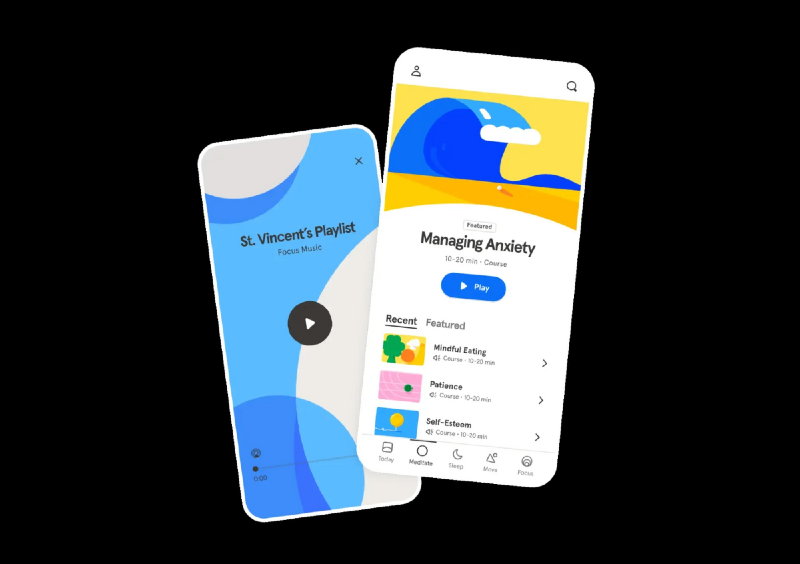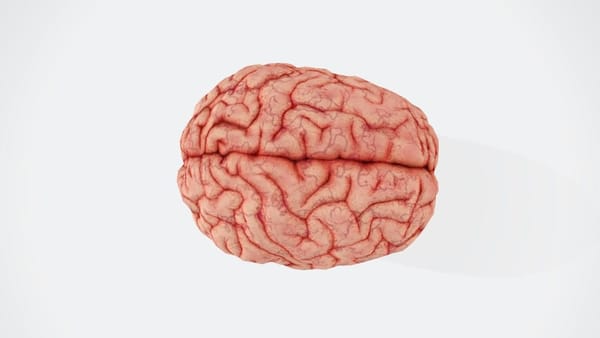Stress has become an unwelcome companion in many people's lives. Fortunately, meditation offers a powerful antidote to daily stressors, providing a path to inner calm and improved well-being. By incorporating meditation into your routine, you can develop resilience against stress and enhance your overall quality of life.
Key takeaways:
• Meditation is a scientifically-backed method for reducing stress
• Regular practice can lead to physical and mental health benefits
• Various meditation techniques cater to different preferences and needs
• Even short daily sessions can make a significant impact
• Consistency is key to reaping the full benefits of meditation
Understanding meditation and its benefits
Meditation is a practice that involves focusing the mind to achieve a state of calm awareness. While its roots lie in ancient spiritual traditions, modern science has confirmed its numerous health benefits. Regular meditation practice has been shown to reduce stress, anxiety, and depression while improving focus, emotional regulation, and overall well-being.
Research indicates that meditation can lead to physical changes in the brain, including increased gray matter density in areas associated with learning, memory, and emotional regulation. These changes contribute to improved stress management and emotional resilience.

Getting started with meditation
Choose your technique
There are various meditation techniques to explore, each with its unique focus:
• Mindfulness meditation: Focuses on present-moment awareness
• Loving-kindness meditation: Cultivates compassion for self and others
• Transcendental meditation: Uses a mantra to achieve a state of relaxed awareness
• Body scan meditation: Involves systematically relaxing different parts of the body
Experiment with different styles to find what resonates with you. Many people find guided meditations helpful when starting out.
Create a meditation space
Designate a quiet, comfortable area in your home for meditation. This doesn't need to be elaborate - a corner of a room with a cushion or chair can suffice. Having a dedicated space can help signal to your mind that it's time to meditate.
Start small and build consistency
Begin with short sessions, even just 5-10 minutes daily. Consistency is more important than duration when starting out. As you become more comfortable with the practice, gradually increase your meditation time.
Incorporating meditation into daily life
Morning meditation
Starting your day with meditation can set a calm tone for the hours ahead. Even a brief 5-minute session can help center your mind and prepare you for the day's challenges.
Mindful moments throughout the day
Practice mini-meditations during your daily activities. Take a few deep breaths before an important meeting, or practice mindful eating during lunch. These brief moments of mindfulness can help reset your stress levels throughout the day.
Evening wind-down
End your day with a meditation session to release accumulated stress and promote better sleep. This can be especially helpful for those who struggle with racing thoughts at bedtime.
Overcoming common meditation challenges
Restless mind
It's normal for thoughts to arise during meditation. Instead of getting frustrated, gently redirect your attention back to your breath or chosen focus point. With practice, this becomes easier.
Lack of time
Remember that even short sessions are beneficial. If you're pressed for time, try integrating meditation into existing routines, such as your morning commute or while waiting in line.
Difficulty staying awake
If you find yourself dozing off during meditation, try practicing at a different time of day when you're more alert. Sitting in an upright position can also help maintain wakefulness.
Advanced meditation practices
As you become more comfortable with basic meditation techniques, you might explore more advanced practices:
• Longer retreats: Immersive experiences can deepen your practice
• Visualization techniques: Using mental imagery for specific goals
• Movement-based meditations: Practices like tai chi or walking meditation
Remember that meditation is a skill that develops over time. Be patient with yourself and enjoy the journey of self-discovery and stress relief that meditation offers.
Incorporating meditation into your daily life can be a transformative experience, providing a valuable tool for managing stress and enhancing overall well-being. By starting small, staying consistent, and exploring different techniques, you can harness the power of meditation to create a calmer, more centered approach to life's challenges.
References:
Goyal M, et al. Meditation programs for psychological stress and well-being: a systematic review and meta-analysis. JAMA Intern Med. 2014;174(3):357-368.
Hölzel BK, et al. Mindfulness practice leads to increases in regional brain gray matter density. Psychiatry Res. 2011;191(1):36-43.
Davidson RJ, et al. Alterations in brain and immune function produced by mindfulness meditation. Psychosom Med. 2003;65(4):564-570.












Member discussion